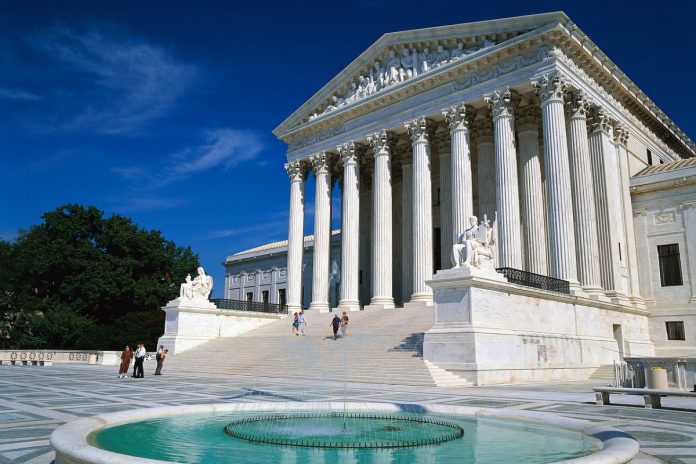A pro-government lawyers’ group is facing internal division over the federal government’s plan to establish a Federal Constitutional Court (FCC) as the new apex court in Pakistan. Despite their political affiliations with the Pakistan People’s Party (PPP), prominent members such as Raja Aleem Abbasi, President Riasat Ali Azad, and Shakil Abbasi oppose the FCC’s creation. PPP leads the push for the court, while resistance from the legal community and other political factions, including the JUI-F, has stalled the government’s efforts.
Internal Resistance Within the Legal Community
The opposition against the FCC proposal was strongly voiced during the All Pakistan Lawyers’ Convention, where over a thousand lawyers rallied against the court’s creation. Criticism highlighted the risk of judiciary subservience to the executive, with leaders like Mustafa Nawaz Khokhar and Kamran Murtaza condemning the move.
Implications and Parliamentary Challenges
Legal experts argue that the FCC might be a tool to limit judicial independence. With ongoing resistance, the government struggles to gather enough parliamentary support to pass the necessary constitutional amendments. Meanwhile, the Pakistan Bar Council proposed a retirement age of 65 for FCC judges, potentially affecting current judiciary members like Chief Justice Qazi Faez Isa.
The division within the legal community, combined with political tensions, continues to slow progress on the FCC bill, raising concerns about judicial independence in Pakistan.















